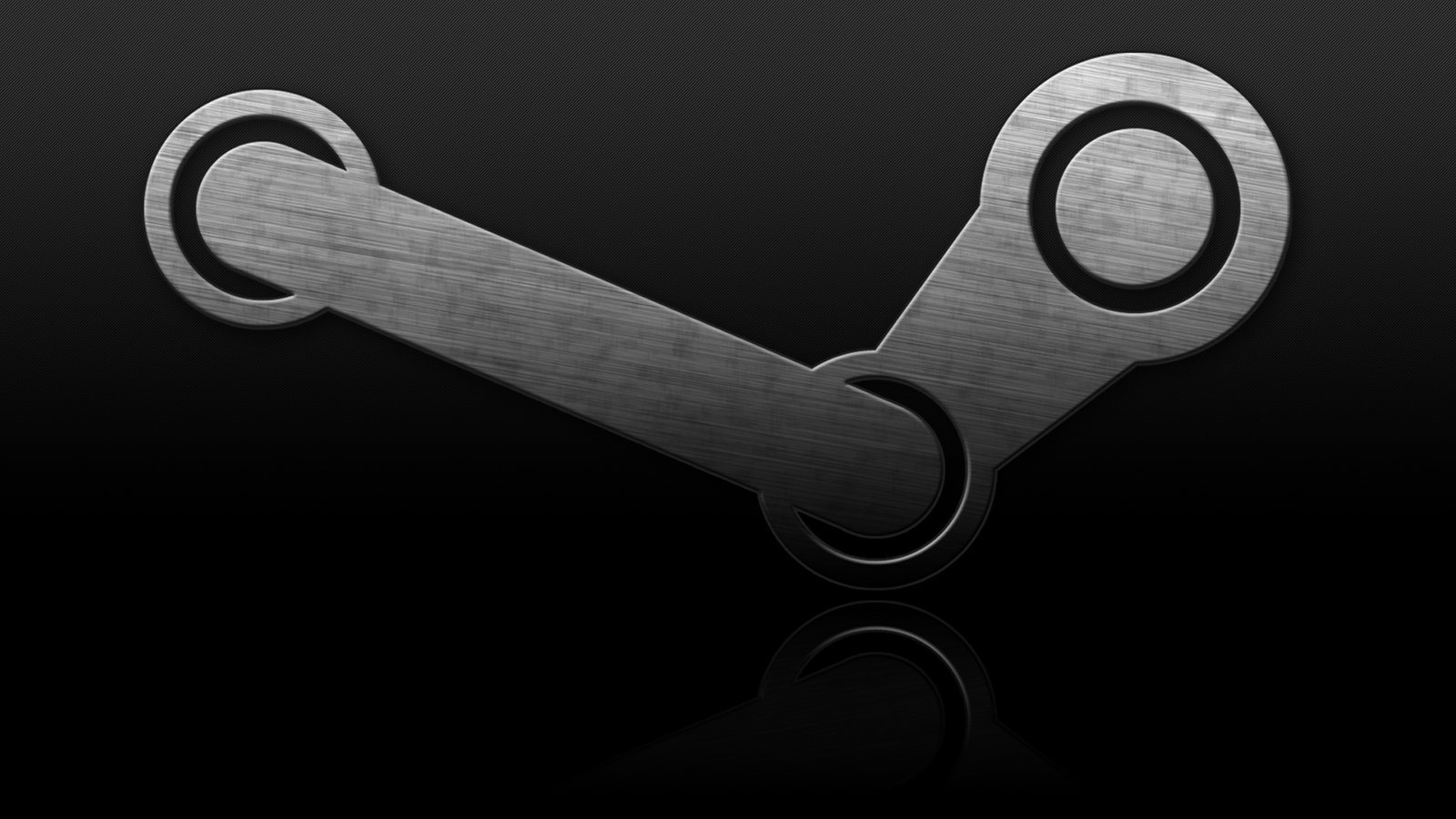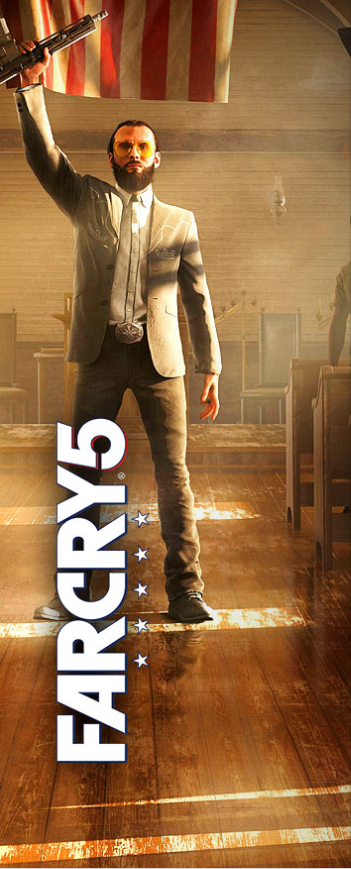Valve Talks About Fake Steam Reviews
What helps sell a video game? That is a question that has haunted many a video game developer over the last few decades. For while some games are expected to do well, others aren’t, and then the reverse happens, and it boggles people’s minds. Does the game need to be from a hit franchise? Have a recognizable team? Be stunning graphically? Have great gameplay mechanics? There’s no true answer, but one answer that is universally accepted to an extent is that the game should have good reviews. Which has caused Valve many problems in the past.
For you see, while Steam is a platform that praises indie games and gives them a haven to try and sell their brand to other gamers, developers have been known to try and cheat the service in order to help get their sales up. And a rather easy way to cheat is by doing fake reviews.

To be clear, though this does happen, Valve has been very proactive when it comes to stopping and preventing false and fake reviews from popping up. In fact, when a developer on Steam (who didn’t cheat in reviews but noted how easy it was to do it) talked about it, Valve decided to respond with the following:
“of course Cliffski isn’t really going to do this, but:
>We ban games and partners all the time for this.
>It’s really easy for us to see it when you do, even if you do it slowly
User reviews don’t broadly correlate to sales or visibility the way developers assume they do”
So there you go, even by Valve’s own admission the games that have “Positive” reviews on up don’t necessarily have better sales, and that makes sense when you think about it. Yet, despite this reveal by them, you can bet that people will continue to try and cheat them.





